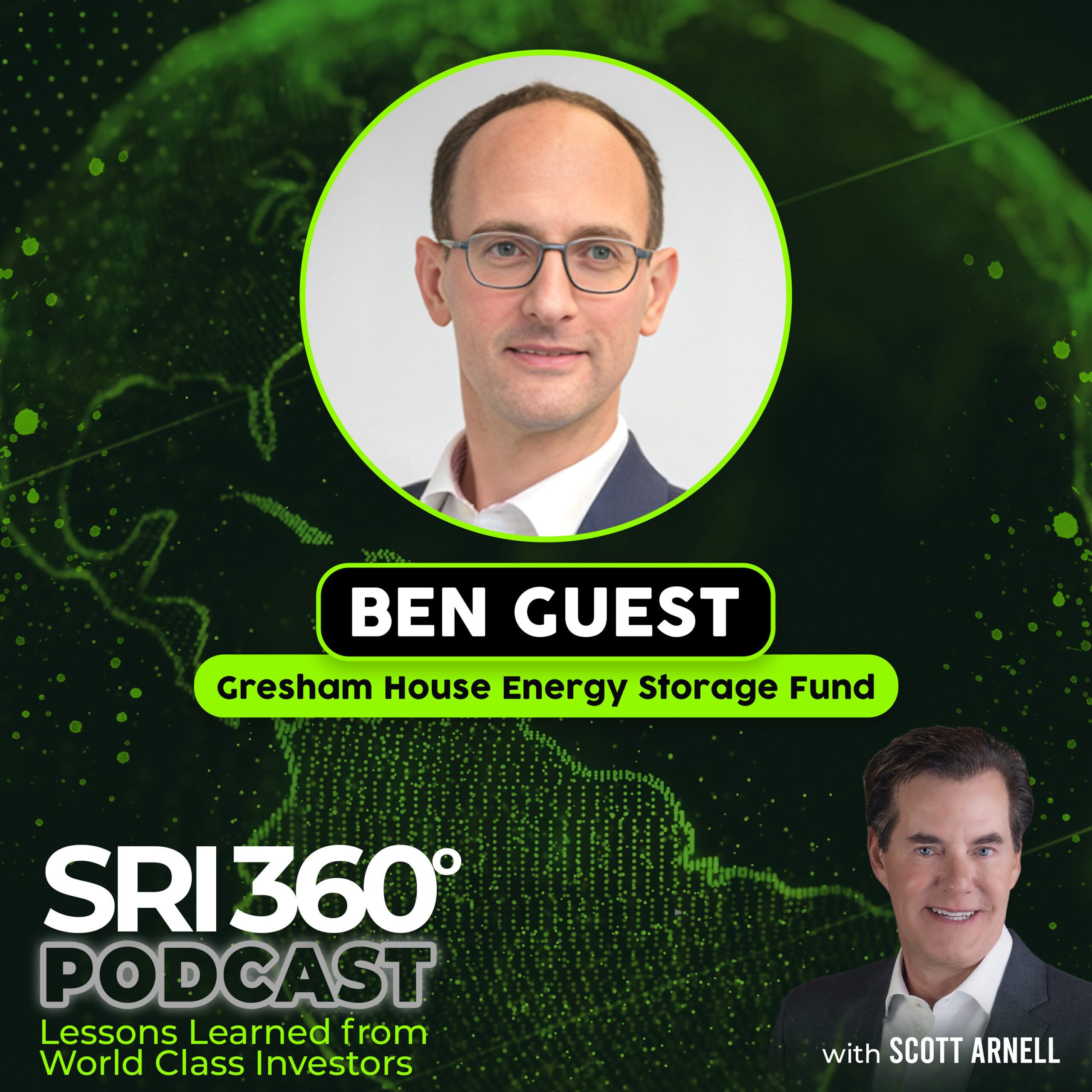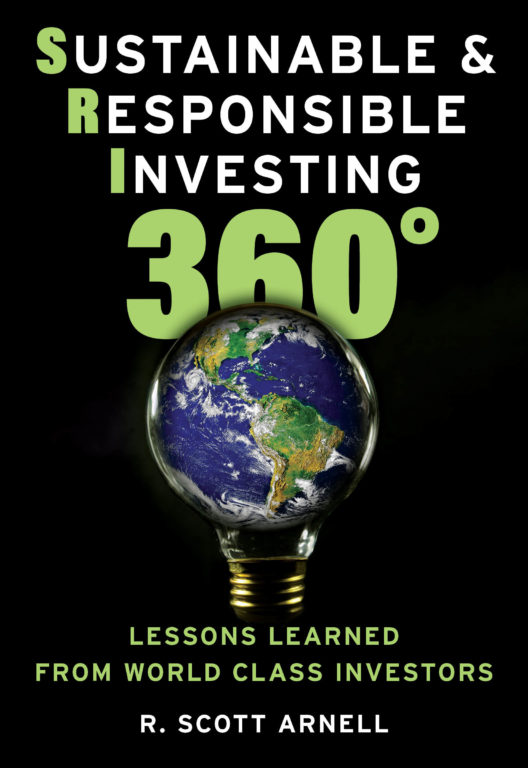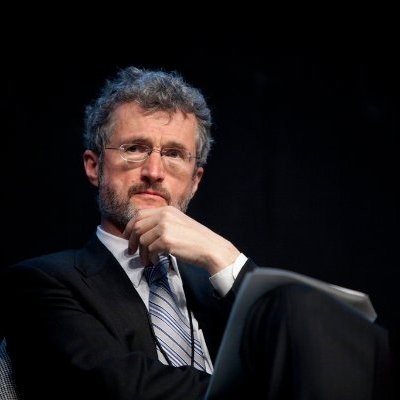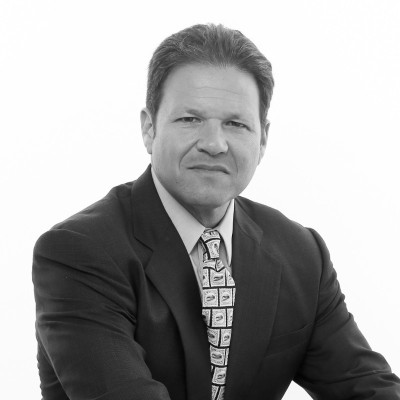
“The biggest risk to renewable energy investment right now is government policy and regulation. ”
— Ben Guest
The transition from traditional investment in energy production to renewable energy represents a significant shift in addressing climate change challenges.
To help us understand the intricacies of investing in renewables and utility-scale battery energy storage systems, I am joined by Ben Guest, the Managing Director of Gresham House New Energy Division.
Ben has over 29 years of investment experience that spans the investment spectrum across infrastructure, technology, public equities, and venture capital asset classes.
He has been a pioneer investor in battery energy storage systems since the early development days of the sector.
Ben’s upbringing was truly global, with parents from Argentina and Africa, leading to diverse educational experiences in France, Japan, Sweden, and the UK. Boarding school in North Yorkshire during the 80’s added a unique layer to his journey. He holds a BEng in Mechanical Engineering from Imperial College.
Beginning his fund management career in 1994 at Lazard Asset Management, Ben later founded Hazel Capital in 2007. The acquisition of Hazel Capital in 2017 transformed it into Gresham House New Energy Division, where Ben manages substantial assets, including the Gresham House Energy Storage Fund Plc.
Prior to founding Hazel Capital, he was a co-founder of Cantillon Capital, where he managed a US$1bn equity hedge fund focused on global technology, media, and telecom equities.
The conversation delves into Ben’s expertise in the renewable energy sector, particularly battery energy storage systems. He discusses the challenges of real-time supply and demand balancing, highlighting the vital role batteries can play in not only stabilizing the grid but also providing the key to transitioning the electrical grid to predominately renewable energy.
Ben breaks down the complexities of battery energy storage revenue models, addressing challenges posed by supply and demand fluctuations. He explains the technical intricacies of building and operating energy storage projects managing thousands of battery cells.
He also shares his thoughts on the future of renewable energy infrastructure, emphasizing sustainability, carbon emissions reduction through battery energy storage systems, and the evolving landscape of the energy transition.
Ben guides us through the intricacies of investing in utility-scale battery energy storage systems and what needs to be done as we move to renewable energy dominance in the energy mix.
I hope you enjoy my conversation with Ben as much as I did!
Listen to the episode on Apple Podcasts, Spotify, Overcast, Podcast Addict, Pocket Casts, Castbox, Google Podcasts, Amazon Music, or on your favorite podcast platform. You can watch the interview on YouTube here.
What was your favorite quote or lesson from this episode? Please let me know in the comments.
SCROLL BELOW FOR LINKS AND SHOW NOTES…
SELECTED LINKS FROM THIS EPISODE:
- Connect with Ben Guest: LinkedIn
- Ampleforth College
- Cantillon Capital Management
- Gresham House
- Gresham House New Energy
- Hazel Capital Investment
- Imperial College London
- Lazard Asset Management
SHOW NOTES:
[00:00] Episode introduction
[03:49] Ben’s background and career path
[19:05] The shift from traditional to sustainable energy investments
[47:49] The role of battery storage in renewable energy
[59:00] Energy trading and battery management
[01:04:32] Assembling project rights for energy storage infrastructure
[01:15:55] Renewable energy investments and impact metrics
[01:21:12] Primary investors at Gresham House
[01:26:27] Risks facing renewable energy investments
[01:32:18] Environmental and ethical challenges around battery production and usage
[01:40:00] Future trends and potential of green energy
MORE BEN GUEST QUOTES FROM THE INTERVIEW:
“The reality of renewable energy investing is that there is a negative environmental impact and ethical challenges, but it’s a heck of a lot smaller than the status quo.”
— Ben Guest
“Batteries, despite the misconceptions about degradation, have a long lifespan, especially for infrastructure projects”
— Ben Guest








